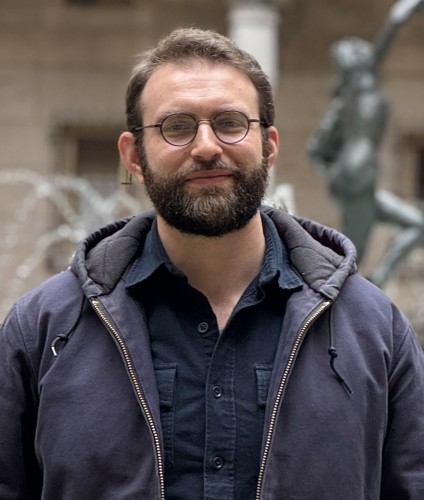
Noah Tetenbaum studies Jewish and Islamic history broadly and the dynamics of interreligious boundaries and exchange in the late-antique and medieval Near Eastern milieu. His current research focuses on the Karaites, the largest anti-rabbinic Jewish community in history, as well as concepts of sacrifice in medieval Jewish and Islamic thought. Tetenbaum’s research interests additionally include scriptural interpretation, mysticism, and ideas of orthodoxy and heresy across religious traditions, from ancient times to the present. He will be offering courses covering these topics over the course of the current academic year. Tetenbaum previously taught at Brown University and Smith College before coming to Kenyon.
Areas of Expertise
Jewish Studies, Islamic Studies
Education
2025 — Doctor of Philosophy from Brown University
2019 — Master of Arts from Brown University
2012 — Bachelor of Arts from Grinnell College